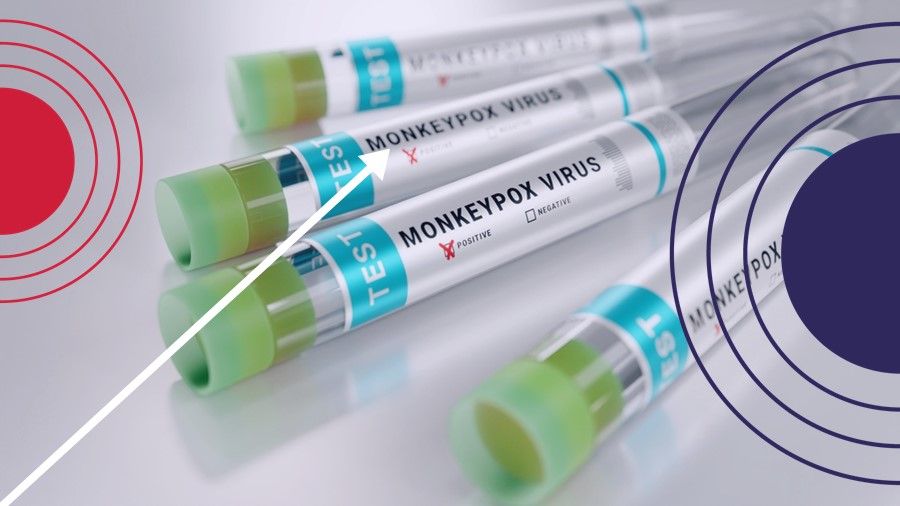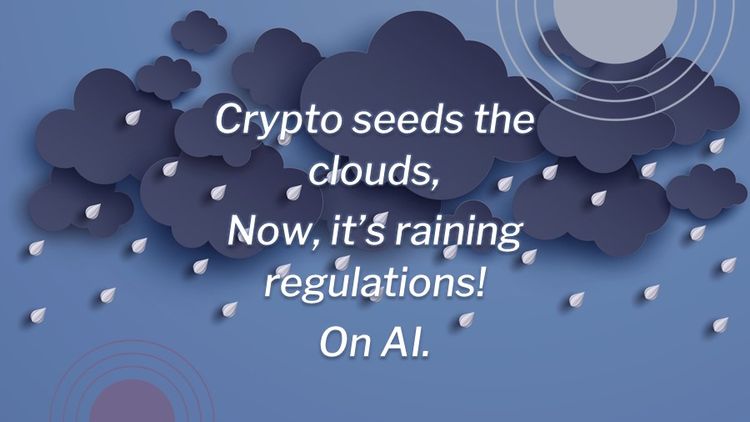Monkeypox is no friend of the Fed

Why Monkeypox? Why now? Monkeypox is now in eighty countries that do not usually report it being there. The infectious disease maps look all to familiar to us after the Covid, SARS and multiple other infections of the last few years. The numbers look small, but the process is often explosive.
Monkeypox is a warning for the Fed as it tries to recover from its embarrassing miss on inflation. The Fed, however, is in an even worse scenario now than it was in the 1970s. Then Fed Chairman Volker crushed the economy with high interest rates to bring inflation under control. The long-term effects on the labor market were not a constraint. Now they should be. We saw with Covid that the US population’s health could suffer significantly from a recession now.
Monkeypox was the latency of curing another problem – smallpox. The US has a long history of aggressively attacking smallpox, which is related to monkeypox but far more deadly. We won the long fight against smallpox. The last time smallpox occurred in the US was 1949 and it was pronounced to be eliminated at the end of the 1980s.
The smallpox vaccine was also effective against monkeypox and when the inoculations for smallpox stopped, we became much more exposed to the monkeypox virus. In this way monkeypox was a latent problem which underlay the smallpox threat. At this point we have millions of Americans with no immunity against monkeypox. An aggressive pursuit of smallpox left us exposed to monkeypox.
Labor is inflation’s latency
At this point, it is clear that inflation is soaring and the Federal Reserve’s rhetoric on inflation is confusing and contradictory. Both too much demand and too much liquidity are to varying degrees culprits. The Fed is clearly committed to fixing the inflation problem. The Fed’s solution is to dramatically raise interest rates and reduce liquidity with bond sales (quantitative tightening). The Fed has said that it doesn’t care about whether or not there is a recession But a recession may actually make wage inflation larger in the long term.
Wage inflation cannot be expected to come under control until more workers return to work. There has been a dramatic fall in labor force participation since Covid hit. The conventional explanation is that the participation declined because of demographic changes and that participation will revert to previous levels and trends over time. The view here is that workers did not leave the work force because they were discouraged.
The Covid hit
Saying that the Fed does not care about a recession is less that fully honest, because the Fed does care about the economy. The Fed is likely to vary in its interest rate policy depending on the state of the economy through time. Labor force participation will be a crucial factor in the economic condition of the country.
Labor force participation in the last several years has taken a step down and shown little recovery. Covid and the efforts to control it impacted the mental health of many. This sudden decline in mental health showed up in drug use and fatalities. The rate of drug use accelerated because of Covid and its associated lockdowns and treatments.
Between April 2020 and June 2021 there were about 15,000 more deaths from opioids in the country than trends previous to the pandemic would suggest. [1] Overall labor participation fell after Covid, and this data suggests that as much a 26% of the decline is the result of increased drug use.[2]
And Monkeypox?
The Fed fix for inflation has traditionally been recession. Depending on how deep and long a potential recession would be, it would be easy to see that the cure for high inflation could be worse than the inflation itself. Traditional arguments for raising rates and risking a recession, however, neglect the idea that the Fed recession may induce may well occur during another pandemic. This time the pandemic could be monkeypox.
We certainly hope that monkeypox does not develop into a full-blown pandemic. However, the data does show the obvious signs of another pandemic. Again, as there was with Covid, we have a vaccine, though clearly not enough for a pandemic. For the labor market the psychological impact of monkeypox on top of Covid is sure to have a compounding effect. Without speculating on the ability to confine and eradicate monkeypox we can at least say that monkeypox will make the Fed’s inflation fight harder. Much harder.
Investor implications:
1. Drug addiction has grown in importance as a labor market variable.
2. Inflation will be slow for the Fed to control.
3. Monkeypox is yet another headwind for the Fed and would slow the rate of interest rate increases as the Fed considers labor market conditions.
[1] Jeremy Greenwood, University of Pennsylvania, Nezhi Guner, UAB, ICREA, BSE, Karen Kopecky, FRB Atlanta, Emory University, Substance Abuse during the Pandemic: Implications for Labor-Force Participation, PIER Working Paper 22-014, PIER Penn Institute for Economic Research, University of Pennsylvania, April 4, 2022, p. 6.
[2] Ibid.
We hope you enjoyed this article. Please give us your feedback.
This article is not intended as investment, tax, or financial advice. Contact a licensed professional for advice concerning any specific situation.





